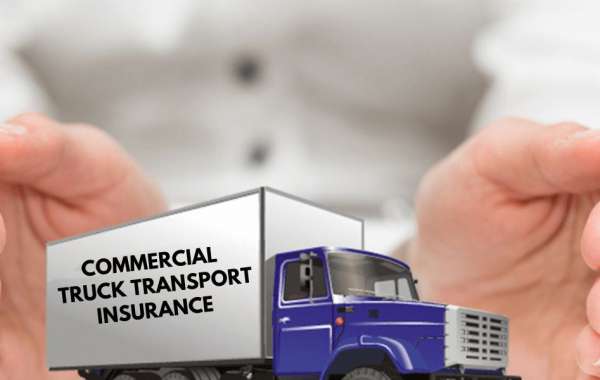Introduction
Operating a trucking business in Texas involves numerous challenges, not the least of which is ensuring that you have the right insurance coverage. Trucking insurance in Texas is essential not only for legal compliance but also for protecting your fleet, drivers, and cargo from unforeseen events. In this article, we will explore the types of trucking insurance available, the factors that impact your premiums, and practical tips for selecting the best coverage for your business.
What You Need to Know About Trucking Insurance in Texas
Understanding Trucking Insurance
Trucking insurance is designed specifically for the unique risks faced by trucking companies. It encompasses various coverage types to protect against potential liabilities associated with transporting goods. Given the expansive highways and diverse driving conditions in Texas, having comprehensive insurance coverage is critical for any trucking operation.
Key Types of Trucking Insurance Coverage
- Liability Insurance
- Primary Liability Insurance: Required by law, this coverage protects against claims for bodily injury and property damage caused by your trucks while on the road.
- Cargo Insurance: Covers damage to goods being transported, providing peace of mind for both you and your clients.
- Physical Damage Insurance
- This coverage helps pay for repairs or replacements for your trucks due to accidents, theft, or other damages, ensuring your fleet remains operational.
- Bobtail and Non-Trucking Liability Insurance
- Bobtail insurance covers your truck when it's being driven without a trailer, while non-trucking liability covers personal use of the truck.
- Workers' Compensation Insurance
- Protects your employees by covering medical expenses and lost wages if they are injured on the job, a necessary policy for maintaining a safe workplace.
- Excess Liability Insurance
- Provides additional coverage beyond your standard liability limits, offering extra protection for high-risk scenarios.
Factors Influencing Trucking Insurance Premiums
1. Nature of Your Operations
The specific nature of your trucking operations can significantly influence your premiums. For instance, long-haul trucking may come with different risks and insurance needs compared to local delivery services.
2. Driver Experience and Safety Records
Insurers assess the driving history of your employees. Experienced drivers with clean records often lead to lower premiums, while drivers with violations may result in higher rates.
3. Vehicle Specifications and Age
The type and age of your vehicles also play a role in determining premiums. Newer trucks with advanced safety features may cost less to insure than older models with higher risk profiles.
4. Geographic Location
Your operational area within Texas can affect insurance costs. Areas with high traffic congestion or accident rates typically have higher premiums.
5. Coverage Levels and Deductibles
The amount of coverage you choose and your selected deductibles will directly impact your insurance costs. Higher coverage limits generally lead to higher premiums, while a higher deductible can lower your monthly costs.
Choosing the Right Trucking Insurance
1. Evaluate Your Business Needs
Before shopping for insurance, assess your specific needs based on the nature of your trucking operations. Consider the types of goods you transport, the distances traveled, and the risks involved.
2. Compare Multiple Quotes
Always obtain quotes from various insurance providers to ensure you find the best coverage at competitive rates. Comparing policies can help you identify any gaps in coverage or unnecessary expenses.
3. Read the Fine Print
Take the time to understand the policy details, including exclusions and limits. Knowing what is covered can help you avoid surprises in the event of a claim.
4. Work with an Insurance Broker
Consider partnering with an insurance broker who specializes in trucking insurance. They can provide expert advice and assist you in finding coverage tailored to your unique business needs.
5. Regularly Review Your Coverage
As your business grows and changes, so should your insurance. Regularly reviewing your coverage ensures it remains appropriate for your operations and compliant with any changes in state laws.
Conclusion
Investing in the right trucking insurance in Texas is essential for protecting your business, your drivers, and your cargo. By understanding the types of coverage available, the factors that influence your premiums, and effective strategies for selecting the best policy, you can make informed decisions that enhance your operational security. Whether you're a new trucking venture or an established fleet operator, having comprehensive insurance coverage will provide peace of mind and a solid foundation for your business’s success. Remember, being proactive about your insurance needs today will help safeguard your future on the road.




